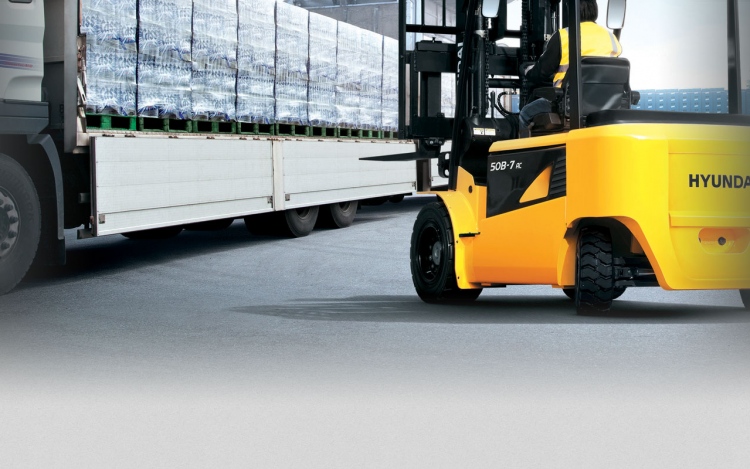The best thing, when it comes to running a warehouse business, is the fact that it is one of the things that almost every other business needs. What this means is an extended amount of cooperation and constantly meeting new business opportunities, with a large span of specializations and agendas. It is well-known fact that many small businesses and contractors seldom have enough space on their own to store their products. However, large warehouses are usually quite pricey, while small-scale self-storage units tend to be inconvenient and unpractical. This article is devised to serve as a guide for those looking to start their warehousing business.

Promote Your Business
When it comes to strategy, creating a proper client base is vital. For starters, make sure you sign up with certain associations within your area of business, who will, in return, point their customers in your direction. This type of promotion is a win-win combination.
When it comes to advertising, you could always approach the regular media, such as the radio, TV, even the paper, but what is absolutely crucial is creating your own website. The fact that you have made your presence on social media pages such as Facebook, Twitter, even LinkedIn, doesn’t quite do it, in terms of your Internet presence. The first thing a customer looks at, when it comes to any type of business is whether or not you have a quality, professional website. Hire a proper website developer, rather than buying template websites, if you don’t want to risk looking like a grain of sand on a giant beach of businesses. Making your company present online has become far from a luxury these years, but rather a necessity, especially if you’re looking to create a legacy to your name.
Equipment and Licencing
Naturally, when you are starting any line of business, one of the first things that you have to keep in mind are legalities and equipment. If you plan on using a fictitious name, make sure you obtain a DBA, or licence for “doing business”. The DBA application fee revolves in the $25-$50 ballpark.
Now, when it comes to equipment, a warehouse business will need quite an amount. An entrepreneur in this line of work is looking at obtaining forklifts, modern scissor lifts, storage units such as freezers for perishable items, shelving units, crates, as well as computer and inventory software, used for keeping track of items in storage (and is, quite simply, a huge lifesaver). When it comes to various types of lifting equipment, make sure you check out companies, which offers a variety of options. Depending on your business plans, you’ll need to think about transport vehicles, such as trucks for the goods distribution, especially if you are planning on delivering products to your clients.

Employees
When it comes to warehouse business, employees experienced in logistics are of utmost importance. Specializing in arranging shipping and tracking products to their destinations, they additionally oversee items that enter your facility, by checking items as they arrive. Moreover, professionals skilled in logistics designate the specific locations within the warehouse for storing client’s items, which are recorded on computers. It is vital, however, that you hire employees to literally lift items and who are experienced in operating forklifts within your facility, as well, seeing as how having hands-on experience within your workforce is often more than vital.
These tips were just a couple to get you going. If you’re looking to get serious about your warehousing business, you need to do a fair amount of research, with regards to everything – from forklifts and employees, to the materials used for your shelf stocking.




